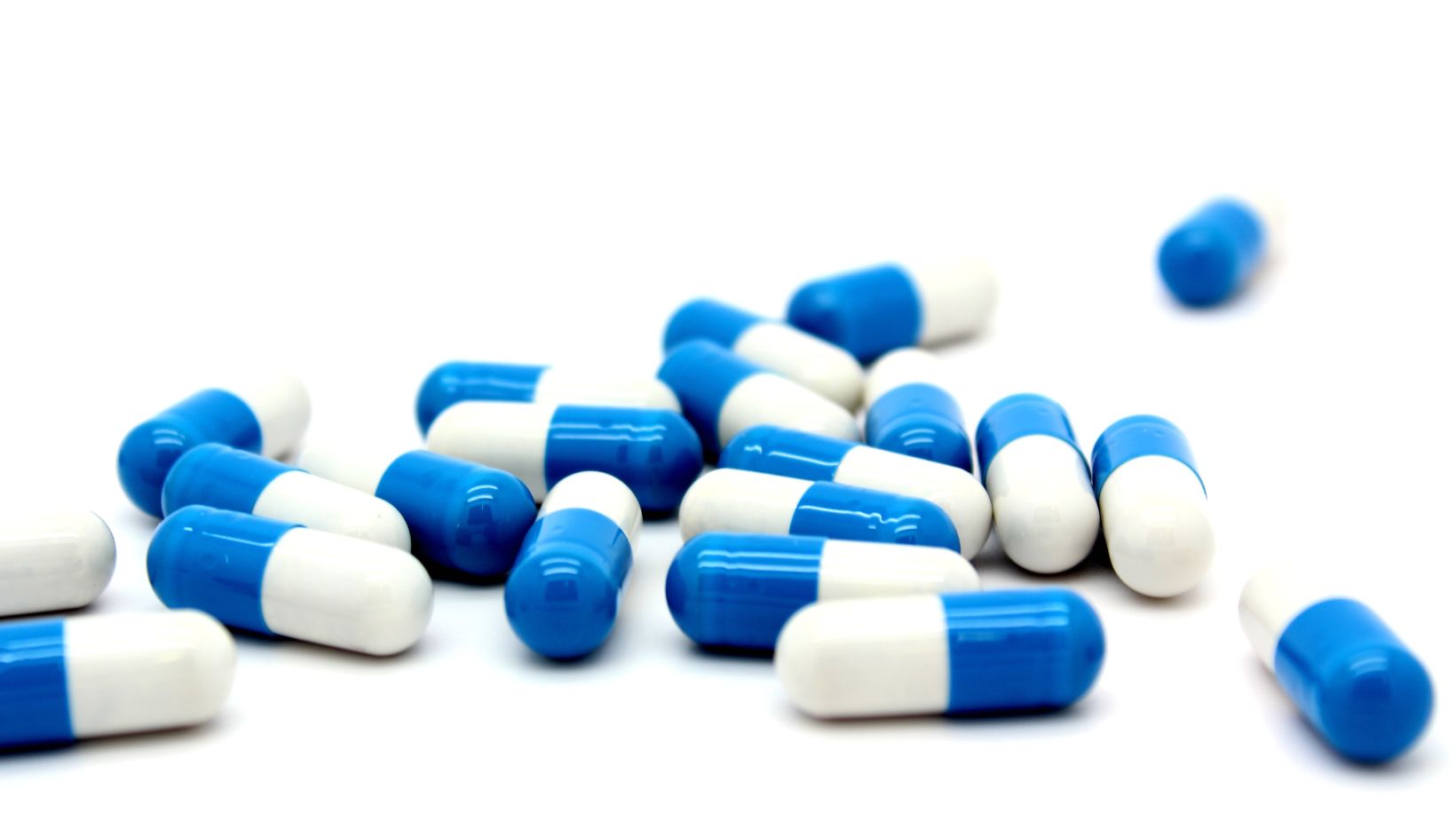
Can You Take Bile Salts and Digestive Enzymes Together
Digestive health is a complex and fascinating subject, and understanding how different supplements interact is essential for optimal well-being. In this article, I’ll be focusing on the potential benefits and risks of taking bile salts and digestive enzymes together. Bile salts aid in the breakdown and absorption of fats, while digestive enzymes assist in the digestion of proteins, carbohydrates, and fats. By examining their mechanisms of action and potential interactions, we can determine whether it’s safe and effective to combine these two supplements for improved digestion.
Are you considering taking both bile salts and digestive enzymes to support your digestion? Bile salts and digestive enzymes are crucial components of the digestive process, but it’s essential to understand how they function individually and whether they complement or interfere with each other. By examining the science behind bile salts and digestive enzymes, we can determine the best approach to optimize your digestive health.
Understanding the Interaction Between Bile Salts and Digestive Enzymes
How Bile Salts and Digestive Enzymes Work Together in Digestion
In order to understand whether bile salts and digestive enzymes can be taken together, it’s important to first grasp how they work in digestion. Both bile salts and digestive enzymes play crucial roles in breaking down food and aiding in nutrient absorption.
Bile salts, produced by the liver and stored in the gallbladder, are essential for the digestion and absorption of fats. When we consume fatty foods, the bile salts are released into the small intestine. They emulsify the fat, breaking it down into smaller droplets, which increases the surface area for better digestion. This process allows the digestive enzymes, such as lipase, to efficiently access the fat molecules and break them down further into fatty acids and glycerol. Bile salts also help in the absorption of fat-soluble vitamins, such as vitamins A, D, E, and K.
Digestive enzymes, on the other hand, are responsible for breaking down proteins, carbohydrates, and fats into smaller molecules that can be easily absorbed by our cells. These enzymes are produced by various organs, such as the pancreas, stomach, and small intestine. For protein digestion, enzymes like pepsin and trypsin break proteins down into amino acids. Enzymes like amylase help in the digestion of carbohydrates, breaking them down into simpler sugars. Lipase, as mentioned earlier, helps in the breakdown of fats into fatty acids and glycerol.
Factors to Consider Before Taking Bile Salts and Digestive Enzymes
Consulting with a Healthcare Professional
Before beginning any new supplement regimen, it is important to consult with a healthcare professional. They can provide personalized advice based on your specific health needs and medical history. This is especially important if you are currently taking any medications or have any underlying health conditions.
A healthcare professional can assess whether taking bile salts and digestive enzymes together is appropriate for you, and can provide guidance on the proper dosage and timing. They can also help monitor your progress and make any necessary adjustments to your supplement routine.
Potential Side Effects and Interactions
While bile salts and digestive enzymes are generally considered safe, it is important to be aware of potential side effects and interactions. Some individuals may experience gastrointestinal side effects such as abdominal pain, bloating, and diarrhea. These side effects are typically mild and temporary, but if they persist or worsen, it is important to seek medical attention.
In terms of interactions, bile salts may interact with certain medications, such as cholesterol-lowering drugs. This interaction may reduce the effectiveness of the medication. Additionally, digestive enzymes can interact with blood thinners and may increase the risk of bleeding. It is crucial to inform your healthcare professional about all medications you are taking to ensure there are no potential interactions.
Dosage and Timing Recommendations
The proper dosage and timing of bile salts and digestive enzymes can vary depending on the individual and their specific needs. It is important to follow the instructions provided by the manufacturer and consult with a healthcare professional for personalized advice.
Generally, bile salts are taken before or during meals to assist in the breakdown and absorption of fats. Digestive enzymes, on the other hand, are typically taken with meals to aid in the digestion of proteins, carbohydrates, and fats.
It is important to start with a low dosage and gradually increase it if necessary. Monitoring your body’s response and adjusting the dosage accordingly can help ensure optimal results. Remember, everyone’s body is different, so finding the right dosage and timing may require some trial and error.















